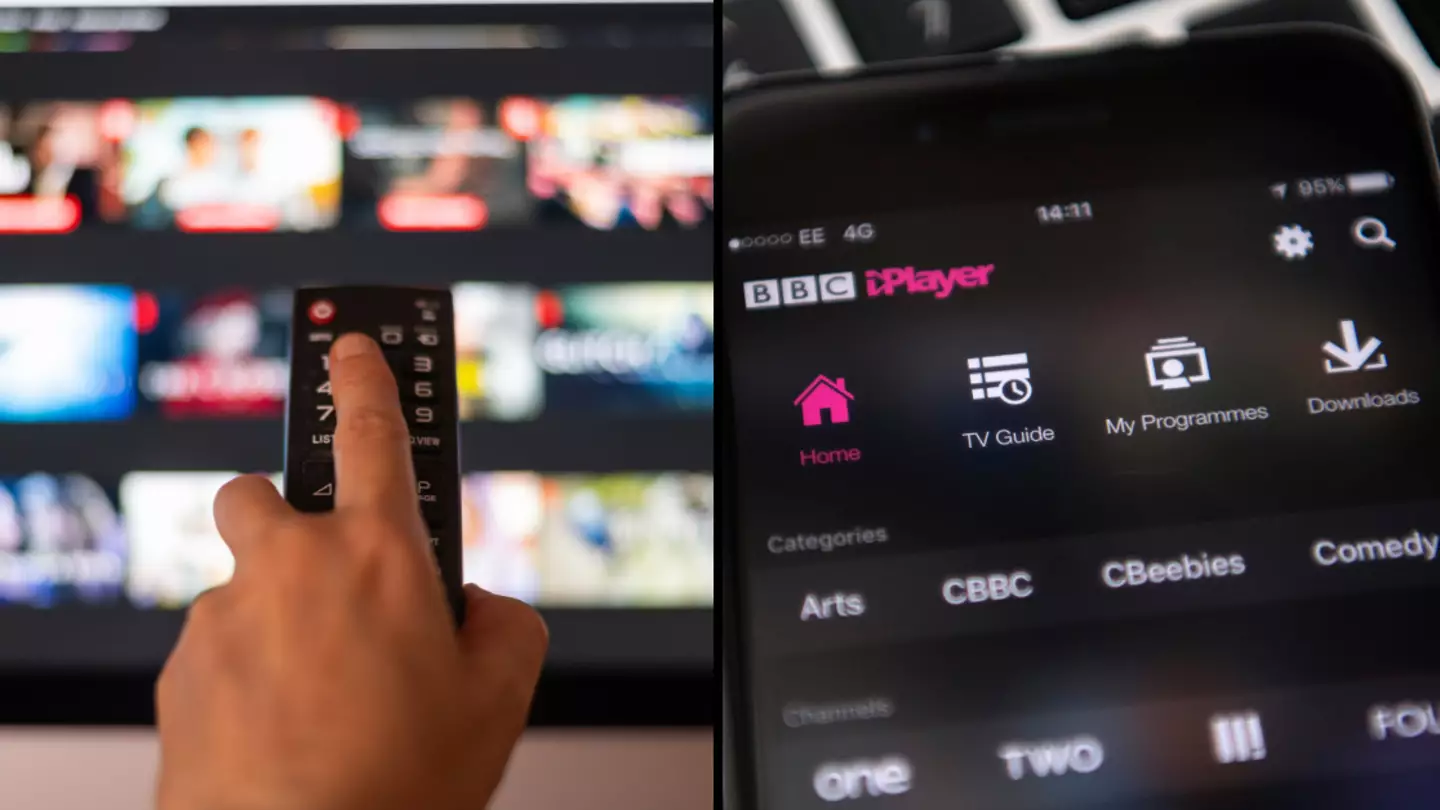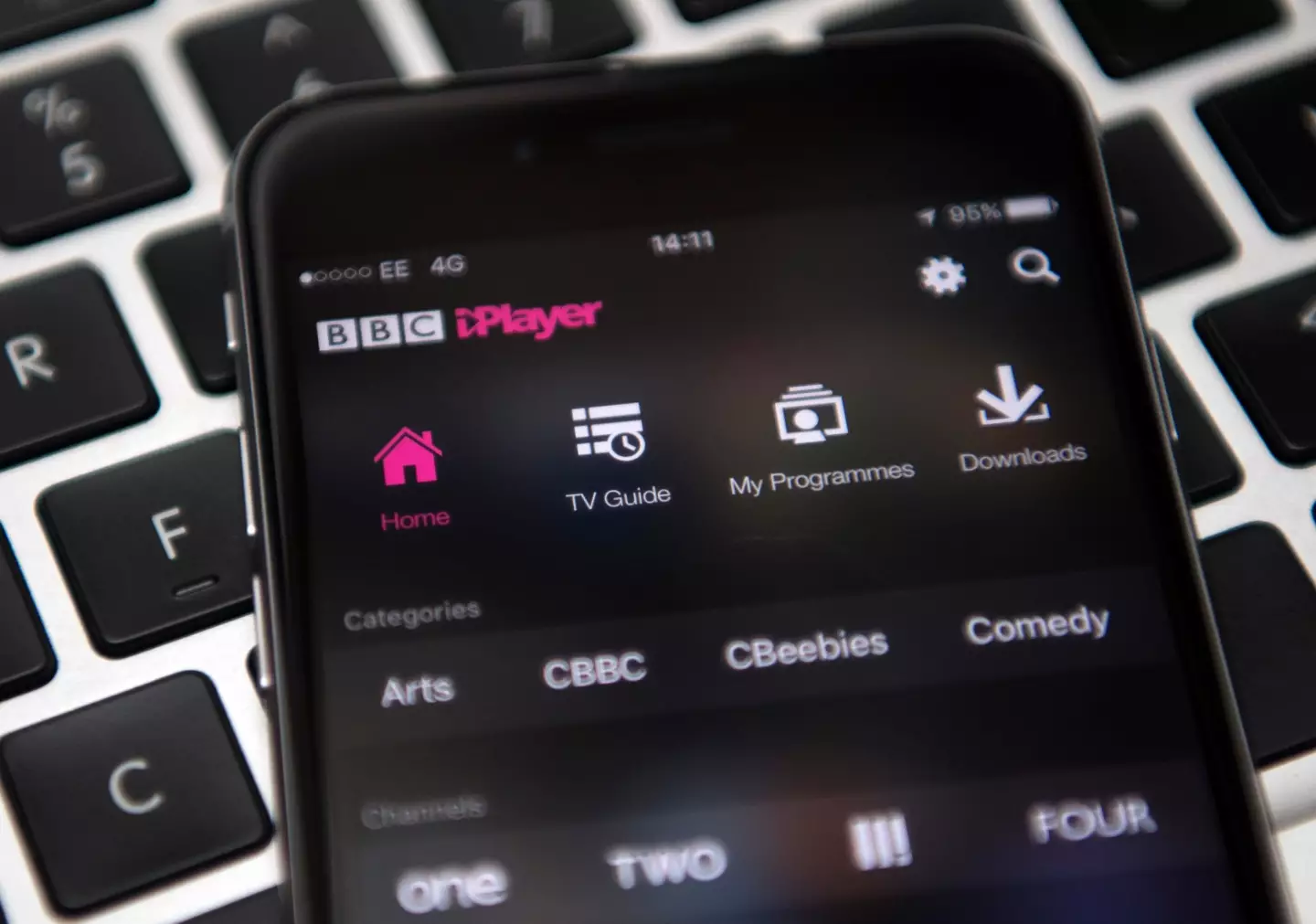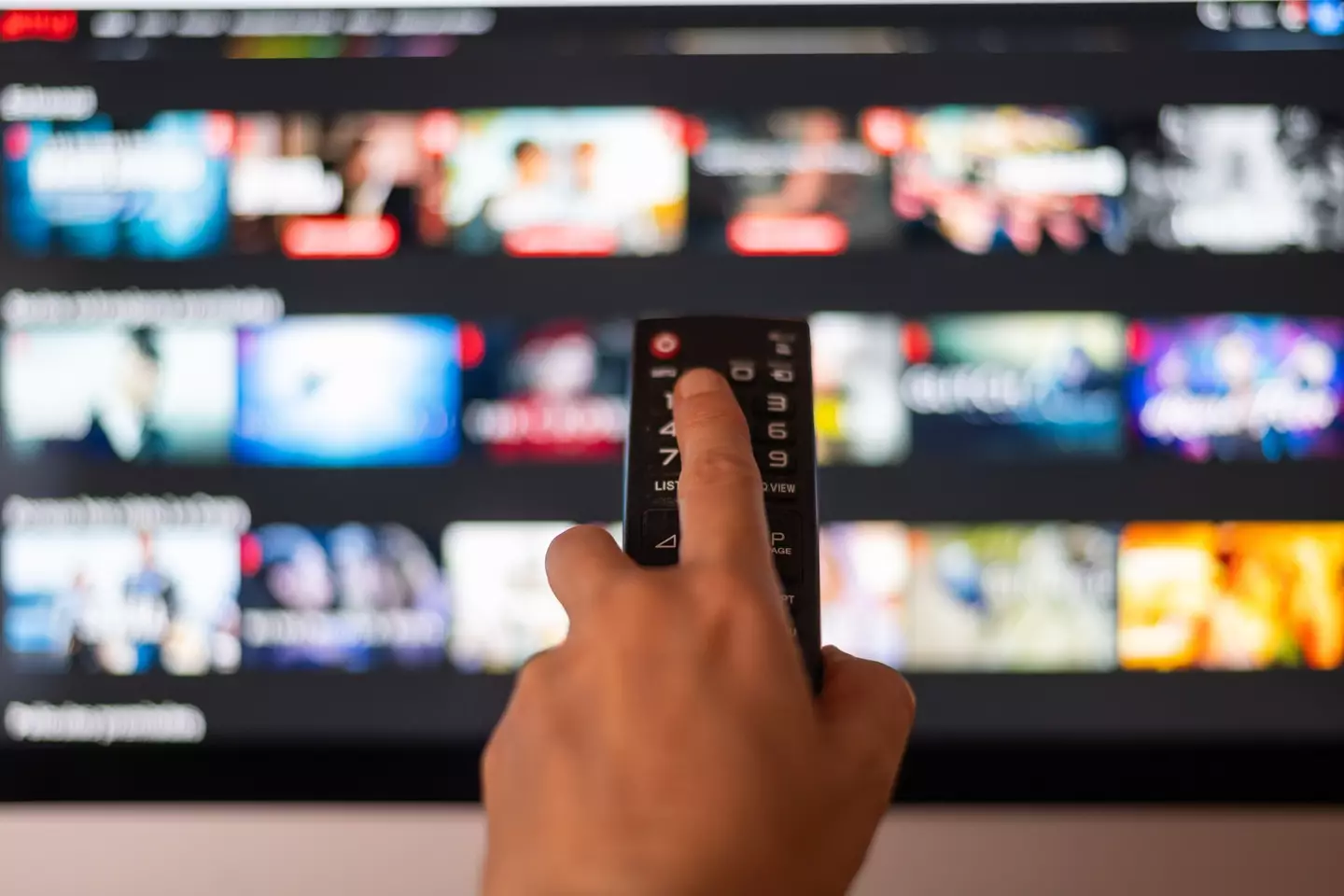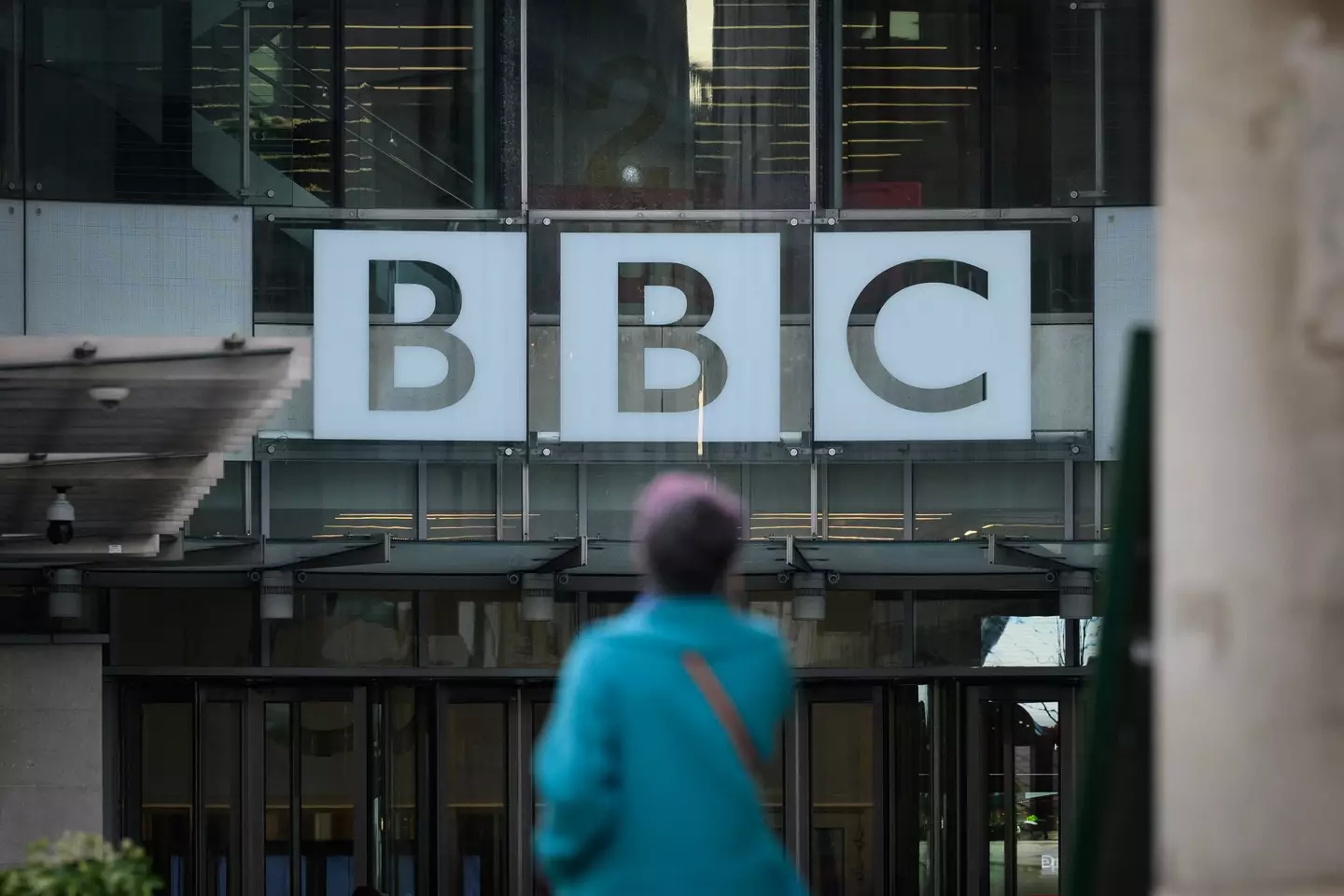
Paying for your TV Licence is a requirement for millions out there who watch specific content.
But those who don't pay when they should are being quietly watched in the hope of being caught out.
Paying for your TV Licence is set to change forever after a landmark review in to how the BBC is funded. Called the BBC Funding Model Review, it has been labelled as 'enormous' by the boss of the Beeb.
Any change will come in to play from 2028, meaning for now you have to keep paying as usual if you want to watch specific content.
Advert
There are certain reasons why you need a TV Licence or not, with money guru Martin Lewis here to explain everything.
For those who don't pay when they need to, an undercover technique has been revealed through a Freedom of Information (FOI) request.
And it has confirmed that 'covert vehicles' with 'detection equipment' in them are being used to check if you are watching television in a property that doesn't have a TV Licence.
The FOI from 2022, submitted by the TV Licensing Blog website, reveals that a review in to the methods used is under way through the Investigatory Powers Commissioner's Office (IPCO).

The documents reveal that contractor Capita carries out the monitoring methods, which are reportedly signed off by people within the BBC.
Advert
But whether it works or not is another matter, with IPCO saying: "The success rate is limited, with only a small number of deployments resulting in further enforcement action, such as the execution of a search warrant.
"This could be due to the limitations of the detection equipment, which is apparently struggling to keep up with the technological advancements in television viewing."
Author of the TV Licensing Blog, Peter Jones, said the BBC 'struggling to maintain pace with evolving technology is yet another indication of how outdated, unenforceable and irrelevant the current TV licence system is'.

A spokesperson for TV Licensing said: "TV Licensing's primary aim is to help people stay licensed, and we offer a range of concessions and payment schemes to support customers. We have a duty to collect the licence fee from anyone who requires one and prosecution is always a last resort.
Advert
"Detection vans are one of a number of approaches in our enforcement of the law and we always write to customers before visiting a property to ensure customers have ample opportunity to obtain a licence. We continually refine and enhance all our processes to ensure they are efficient, proportionate and fair.
"We welcome independent scrutiny and informed views on how we can make further improvements."
When you do and don't need to pay for a TV Licence

It's not wholly simple, with a few cases in both camps.
Advert
If you only watch television on-demand that doesn't include the BBC iPlayer, you don't need one. That is as long as the content was not recorded from live TV.
If you watch TV as it airs live on any channel - or if you record live TV for another time - you need to pay.
Only watch streaming services like Netflix and Prime Video? You don't need to pay. But if you watch live content on any streaming app, such as the Premier League on Prime or soon to be WWE on Netflix, you have to cough up.
Featured Image Credit: Getty Stock Image/Carl Court/Getty ImagesTopics: BBC, Crime, Entertainment, TV and Film, UK News